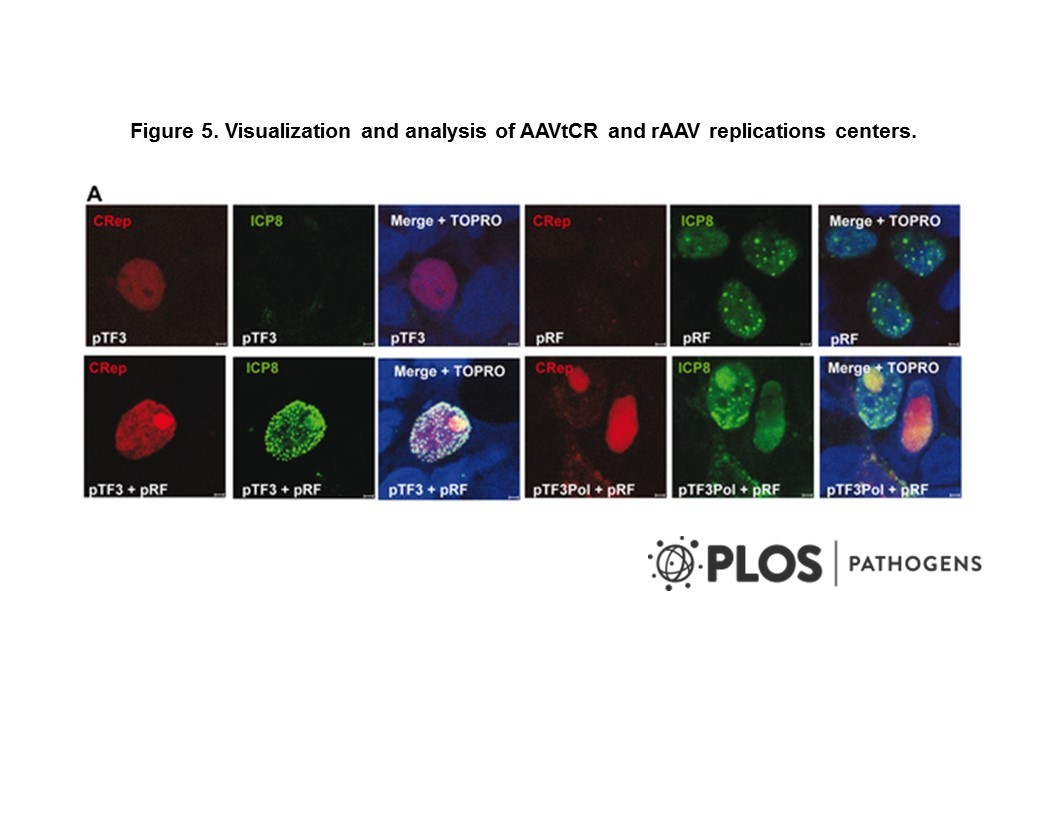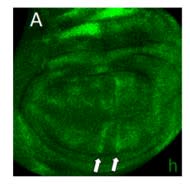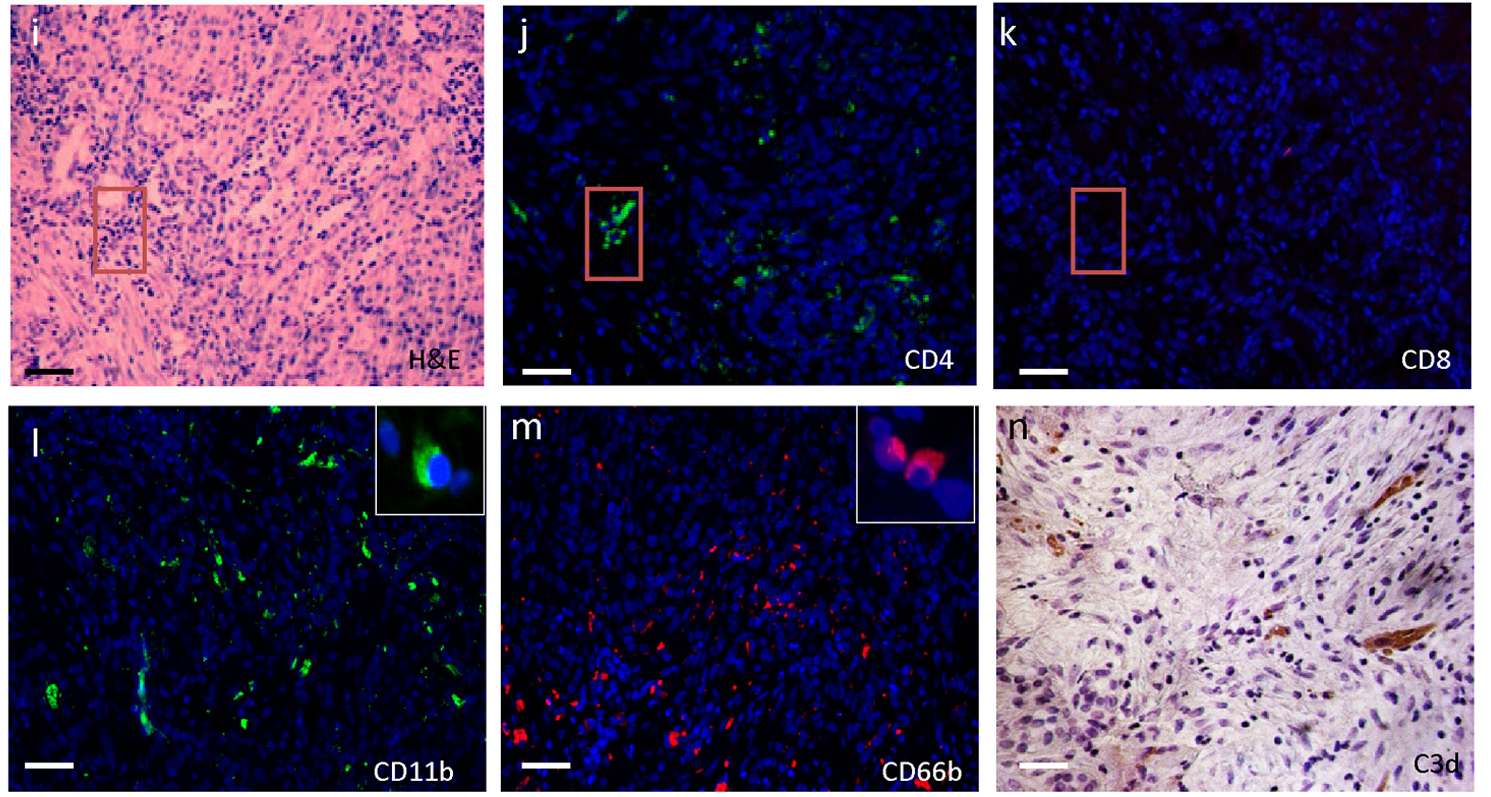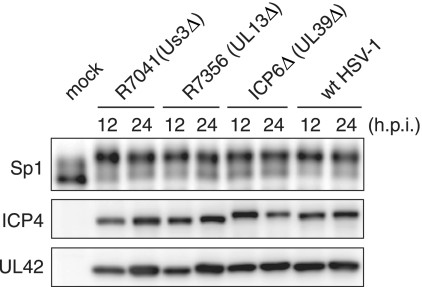
Cat. #157932
Anti-Arabinogalactan-protein [LM2]
Cat. #: 157932
Unit size: 100 ug
Availability: 10-12 weeks
Target: Arabinogalactan-protein
Class: Monoclonal
Host: Rat
£300.00
This fee is applicable only for non-profit organisations. If you are a for-profit organisation or a researcher working on commercially-sponsored academic research, you will need to contact our licensing team for a commercial use license.
Contributor
Inventor: Paul Knox
Institute: University of Leeds
Tool Details
*FOR RESEARCH USE ONLY
- Name: Anti-Arabinogalactan-protein [LM2]
- Alternate name: Rice (Oryza Sativa) arabinogalactan-proteins
- Class: Monoclonal
- Conjugation: Unconjugated
- Host: Rat
- Description: Arabinogalactan-proteins (AGPs) are a class of abundant proteoglycans found at the plant cell surface and are predominantly associated with the plasma membrane and extracellular secretions. Although the functions of AGPs are unknown it has been speculated that they may have roles as lubricants, in nutrition or in some aspect of plant cell recognition (Clarke et al, 1979; Fincher et al, 1983; Chasan, 1994). The addition of isolated AGPs to carrot cell cultures has been reported to influence development (Kreuger and van Hoist, 1993), and AGPs have been implicated in the control of plant cell proliferation (Basile and Basile, 1993; Serpe and Nothnagel, 1994). The generation and use of monoclonal antibodies recognizing arabinogalactan-proteins has demonstrated the extensive regulation of AGP carbohydrate epitopes in relation to early stages of cell development in roots, shoots and embryos further implicating this class of plant cell surface molecule in aspects of plant cell development (Knox et al, 1989; Pennell and Roberts, 1990; Stacey et al, 1990; Knox et al, 1991; Pennell et al, 1991; Schindler et al, 1995)
- Recommended controls: IgM
Target Details
- Target: Arabinogalactan-protein
- Target background: Arabinogalactan-proteins (AGPs) are a class of abundant proteoglycans found at the plant cell surface and are predominantly associated with the plasma membrane and extracellular secretions. Although the functions of AGPs are unknown it has been speculated that they may have roles as lubricants, in nutrition or in some aspect of plant cell recognition (Clarke et al, 1979; Fincher et al, 1983; Chasan, 1994). The addition of isolated AGPs to carrot cell cultures has been reported to influence development (Kreuger and van Hoist, 1993), and AGPs have been implicated in the control of plant cell proliferation (Basile and Basile, 1993; Serpe and Nothnagel, 1994). The generation and use of monoclonal antibodies recognizing arabinogalactan-proteins has demonstrated the extensive regulation of AGP carbohydrate epitopes in relation to early stages of cell development in roots, shoots and embryos further implicating this class of plant cell surface molecule in aspects of plant cell development (Knox et al, 1989; Pennell and Roberts, 1990; Stacey et al, 1990; Knox et al, 1991; Pennell et al, 1991; Schindler et al, 1995)
Handling
- Format: Liquid
- Unit size: 100 ug
- Shipping conditions: Shipping at 4° C
References
- Yates et al. 1996. Glycobiology. 6(2):131-9. PMID: 8727785.






